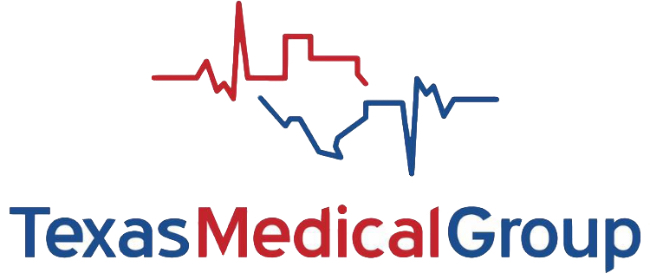
Collaborating With Healthcare Staff to Improve Patient Safety, Adherence, and Satisfaction
Healthcare staff members play an essential role in patient safety as well as patient satisfaction as they interact with patients every day. However, they also can be part of interactions that may result in errors, misunderstandings, and dissatisfaction.
To minimize these unfortunate situations, healthcare providers need to collaborate with their staff members and provide them with assistance, training, and strategies to help them feel empowered to optimize patient interactions. An additional benefit is that staff will acquire a better comfort level in their interactions with patients and their families.
Following are some strategies to help healthcare providers collaborate with their staff members. By informing patients about various policies and ensuring staff members follow established protocols, healthcare practices can reinforce a consistent and quality approach to care and minimize liability exposure.
- Healthcare providers should have office policies in place that clearly define their approach to important patient situations, such as missed appointments, nonadherence to home treatment protocols and medication orders, and refusal to see consultants/specialists.
- All healthcare providers should have an office policy regarding unacceptable behaviors displayed by patients and their families. Waiting room behavior should be addressed in that policy — from physical and verbal abuse to roughhousing — as it can compromise employee and patient safety.
- Healthcare providers should encourage staff members to discuss difficult patients with them. It’s also advantageous to practice challenging patient interactions with staff members to give them more confidence. Then, when a problem arises, the provider and staff member can discuss office policies and specific healthcare issues with the patient to reach a promising resolution.
- Healthcare providers should give staff members scripted remarks to use with patients and pediatric patients’ parents in case they display unacceptable behavior in the healthcare practice. Scripted remarks should focus on patient safety and avoid embarrassing the patient or parent.
- Healthcare providers and staff members should address inappropriate behavior early. For example, if a pediatric patient’s parent does not intervene at the first signs of a child’s disruptive behavior, a staff member should step in. When unacceptable behavior is corrected, staff should acknowledge and commend the individual(s).
- If patients voice frustration about completing various forms or paperwork, healthcare staff members should emphasize the importance the practice places on complying with federal/state/local regulations.
- Healthcare providers should advise staff members to always focus on what is best for the patient when responding to a negative situation so it can lead to better patient understanding.
- Healthcare providers should ask staff members to share any important observations during staff meetings since they play a key role in identifying (a) incorrect assumptions, (b) misunderstandings, (c) unrealistic expectations, (d) refusal to acknowledge boundaries, and (e) clinical nonadherence. Then together they can discuss and agree on methods to address the behavior.
- Healthcare provider should consider offering training programs related to customer satisfaction and clinical standards to assist in their staff training efforts. Many medical societies and companies offer customer service education and training options.
This document does not constitute legal or medical advice and should not be construed as rules or establishing a standard of care. Because the facts applicable to your situation may vary, or the laws applicable in your jurisdiction may differ, please contact your attorney or other professional advisors if you have any questions related to your legal or medical obligations or rights, state or federal laws, contract interpretation, or other legal questions.
MedPro Group is the marketing name used to refer to the insurance operations of The Medical Protective Company, Princeton Insurance Company, PLICO, Inc. and MedPro RRG Risk Retention Group. All insurance products are underwritten and administered by these and other Berkshire Hathaway affiliates, including National Fire & Marine Insurance Company. Product availability is based upon business and/or regulatory approval and/or may differ among companies.
© 2020 MedPro Group Inc. All rights reserved.

Discussion
There are no comments yet.